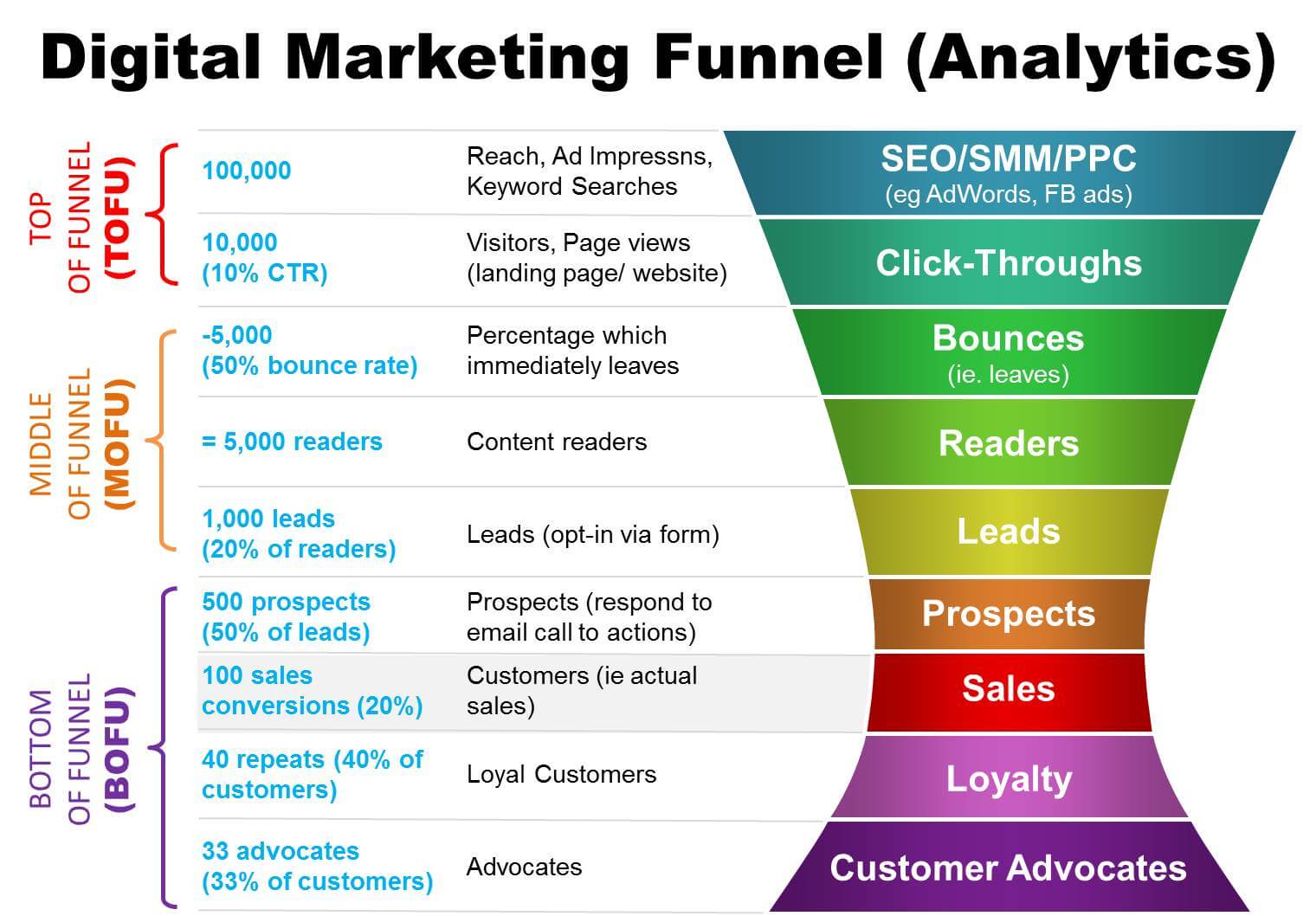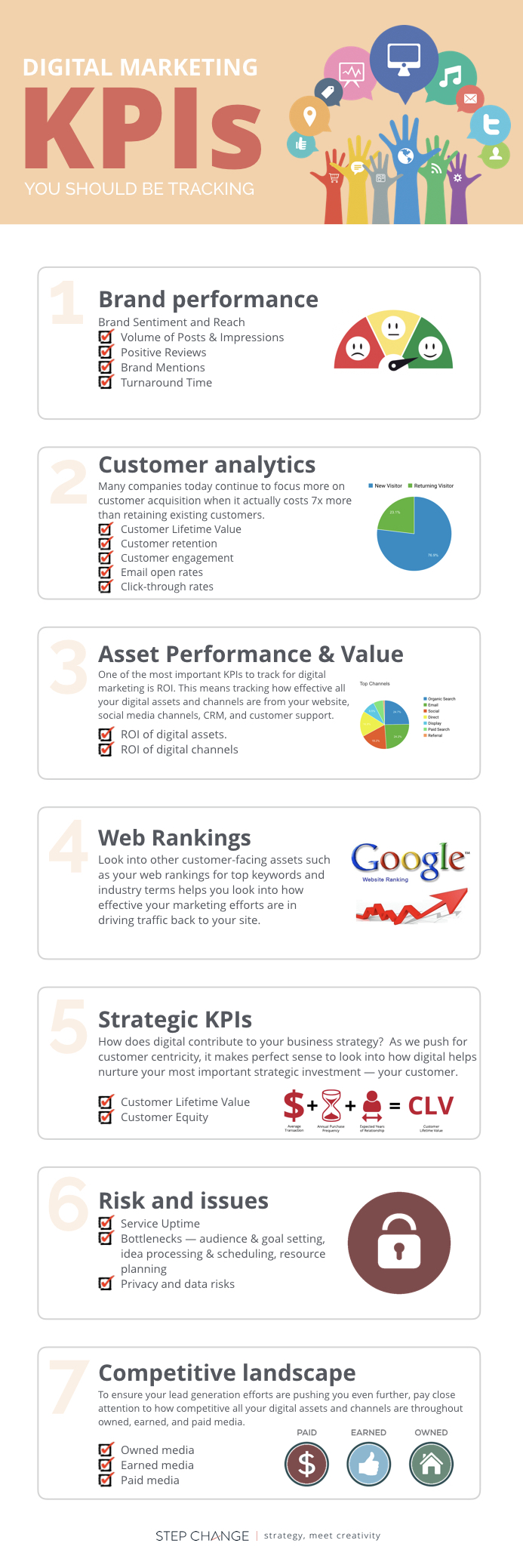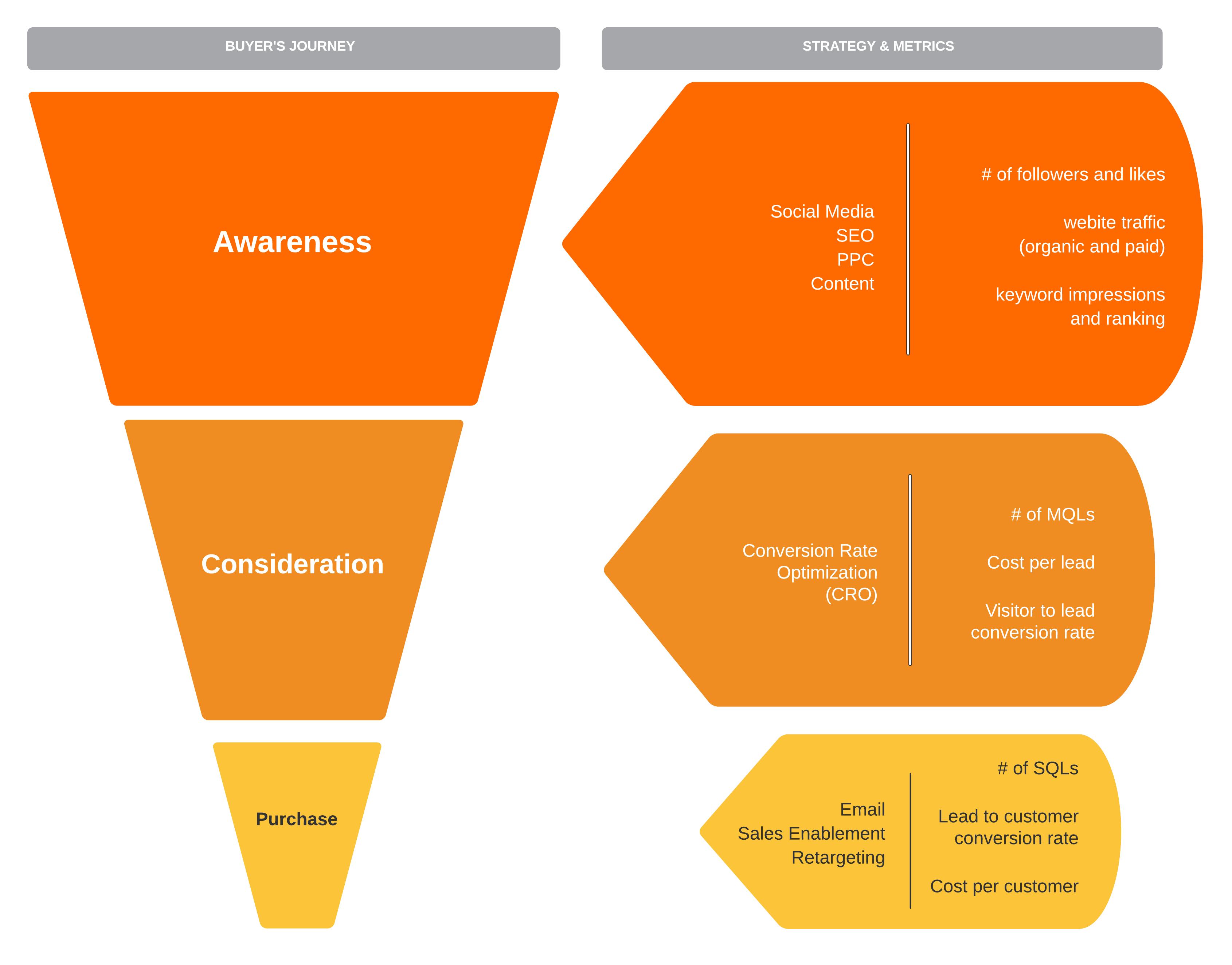A KPI in digital marketing stands for Key Performance Indicator. It’s a measurable value that highlights how effectively a company is achieving key business objectives.
Navigating the digital marketing landscape requires a clear understanding of Key Performance Indicators (KPIs). These metrics act as navigational stars for businesses, allowing them to quantify progress towards their marketing goals and make data-driven decisions. KPIs can range from website traffic and conversion rates to customer engagement and return on investment (ROI).
>> Click Here to Get Google Traffic Hack + For those who just want the CRAZY-EASY WAY to get massive amounts of FREE TRAFFIC >>
Marketers depend on these insights to gauge campaign success and align marketing strategies with overall business targets. Precise KPI monitoring aids in identifying performance peaks and troughs, enabling timely adjustments for optimized digital presence. As such, a solid grasp of relevant KPIs is essential for any digital marketing campaign aiming for success.

Credit: exposureninja.com
The Role Of Kpis In Digital Marketing
The Role of KPIs in Digital Marketing is pivotal to gauging the effectiveness of online strategies and campaigns. These performance indicators act as a compass, guiding marketers towards their business objectives. Understanding and utilizing KPIs effectively is crucial for success in the fast-paced digital world.
Measuring Success In Digital Campaigns
Digital marketing thrives on data.
Bold metrics signal campaign progress and areas needing attention.
KPIs, or Key Performance Indicators, serve as these critical data points.
- Conversion rates reveal campaign effectiveness and audience resonance.
- Website traffic indicates brand visibility and reach.
- Customer acquisition costs measure efficiency in gaining new buyers.
Scrutinizing these KPIs helps marketers adjust tactics in real time for better outcomes.
Tailoring Kpis To Marketing Goals
Digital marketing goals vary from brand awareness to revenue increase.
Each goal demands unique KPIs to accurately track progress.
| Goal Type | KPI Examples |
|---|---|
| Brand Awareness | Social media engagement, Share of voice |
| Engagement | Time on page, Pages per session |
| Conversion | Conversion rate, Shopping cart abandonment rate |
| Customer Loyalty | Repeat purchase rate, Net promoter score |
Select KPIs aligning with stage-specific objectives to ensure focused strategies.
Underscore the success factors most influential to your campaign’s targets.
Common Kpis For Digital Marketers
Understanding the right Key Performance Indicators (KPIs) can make or break a digital marketing strategy. These metrics help marketers track progress and measure success. Let’s look at the common KPIs that digital marketers use to understand performance.
>> Click Here to Get Google Traffic Hack + For those who just want the CRAZY-EASY WAY to get massive amounts of FREE TRAFFIC >>
Traffic Metrics
Website traffic is the lifeblood of digital marketing. Here are key metrics to keep an eye on:
- Total Visits: Measures the overall website traffic.
- New Sessions: Identifies new potential customers.
- Channel-Specific Traffic: Tracks the source, like social media.
- Bounce Rate: A low rate means more engaged visits.
- Average Session Duration: Indicates the time spent on your site.
Conversion Rates
Conversions turn visitors into leads or customers. They show the effectiveness of your funnels. Below are conversion-related KPIs:
- Conversion Rate: A high rate equals better performance.
- Cost per Conversion: Keeps your budget in check.
- Return on Investment (ROI): Essential for profit analysis.
Customer Engagement
Engagement reflects customer interest and interaction. Focus on these KPIs:
- Page Views per Visit: Shows content value.
- Comments and Shares: Indicates social proof.
- Followers Growth Rate: Measures brand reach expansion.
Setting Up Effective Kpis
Setting Up Effective KPIs is crucial for measuring the success of your digital marketing efforts. KPIs, or Key Performance Indicators, act as a compass guiding your strategy. They show if your campaign sails smoothly towards business goals. Let’s explore how to set up KPIs that truly reflect your business aspirations.
Identifying Business Objectives
The first step in setting up effective KPIs is understanding your business goals. Are you aiming to boost sales, increase brand awareness, or improve customer retention? Once your objectives are clear, you can pinpoint which metrics will be your KPIs.
- Sales targets: Look at revenue or number of products sold.
- Brand awareness: Track social media mentions and website visits.
- Customer engagement: Measure email opens or time spent on your site.
Benchmarking And Target Setting
Knowing where you stand helps set realistic targets. Compare your current performance with industry standards or past data. This will inform your KPI targets.
| KPI | Current Performance | Industry Benchmark | Target |
|---|---|---|---|
| Conversion Rate | 3% | 5% | 6% |
| Email Open Rate | 20% | 22% | 25% |
Regular Review And Adjustment
A digital landscape changes fast. Regular KPI reviews ensure you adapt and stay on track. When you see a metric skew, adjust your strategy.
- Check KPIs weekly or monthly
- Compare against your set targets
- Update your approach as needed

Credit: blog.hellostepchange.com
Challenges In Kpi Tracking
Tracking the right Key Performance Indicators (KPIs) in Digital Marketing is vital to success. But it’s not always easy. There are challenges that marketers must face to ensure KPIs offer true insights into performance.
>> Click Here to Get Google Traffic Hack + For those who just want the CRAZY-EASY WAY to get massive amounts of FREE TRAFFIC >>
Data Accuracy And Consistency
To make smart decisions, marketers need accurate data. But getting this data can be hard. Many factors can spoil data accuracy, like faulty tracking codes or misaligned analytics tools. Plus, data must stay consistent over time for reliable tracking and comparison.
Websites might use different platforms to track various metrics. This can lead to inconsistent data. It’s tricky to compare information that doesn’t match up.
- Check analytics setup: Ensure all tracking tools are properly installed.
- Use reliable sources: Trust data from industry-standard tools.
- Clean data regularly: Regular audits catch and fix errors.
Overcoming Analysis Paralysis
KPIs provide a wealth of data. But too much data can overwhelm. This is analysis paralysis. It makes deciding on actions tough. To beat it, marketers should focus on the main KPIs that align with their goals.
- Define primary KPIs: Choose metrics that truly reflect success.
- Limit KPIs per campaign: Work with a small number for clarity.
- Regular reviews: Adapt and trim KPI lists as needed.
Aligning Kpis With Changing Market Trends
Market trends are like the wind. They change direction often. Marketers must adjust their KPIs accordingly. This means staying on top of industry shifts and being ready to adapt KPIs to stay relevant.
| Task | How to Align |
|---|---|
| Monitor trends | Use tools to stay updated on market shifts. |
| Review KPI relevance | Periodically check if KPIs still reflect current goals. |
| Adapt strategies | Change methods and KPIs to match new trends. |
Embrace change: Marketers need to evolve their strategies and KPIs. Using responsive marketing techniques can help keep KPIs in line with market trends.
Leveraging Kpis For Strategy Optimization
Leveraging KPIs for Strategy Optimization is a powerful way to boost digital marketing efforts. Key Performance Indicators (KPIs) measure success and guide decisions. They reveal what works and what does not. This focus helps to refine strategies and achieve defined goals.
Data-driven Decision Making
Tracking KPIs turns guesswork into data-driven decision making. Smart choices come from clear metrics. This insight helps marketers focus on tactics that deliver the best return on investment. Choices become easier with solid data backing them.
- Conversion rates show the effectiveness of calls to action.
- Bounce rates indicate if content keeps visitors engaged.
- Cost per acquisition assists in budget allocation.
A/b Testing And Continuous Improvement
A/B testing is crucial for continuous improvement. One version is tested against another to see which performs better. KPIs gauge the success of these tests accurately. This iterative approach leads to better strategies over time.
- Define the goal of the test.
- Create two variants, A and B.
- Run the test and collect data.
- Analyze KPIs to pick the better variant.
- Implement the winning version for improvement.
Integrating Kpis With Overall Business Strategy
Integrating KPIs with the overall business strategy is essential. It ensures digital marketing efforts align with broader company goals. This alignment drives targeted outcomes and boosts success across the board.
| Business Goal | KPI | Impact |
|---|---|---|
| Increase Sales | Conversion Rate | Directly ties marketing efforts to revenue |
| Improve Brand Awareness | Website Traffic | Reflects reach and effectiveness of content |

Credit: www.knowmad.com
Frequently Asked Questions Of What Is Kpi In Digital Marketing
What Does Kpi Stand For In Marketing?
KPI stands for Key Performance Indicator in marketing. It’s a measurable value that shows how effectively a company is achieving key business objectives. Marketers use KPIs to evaluate success at reaching targets.
How Do Kpis Function In Digital Marketing?
In digital marketing, KPIs function as benchmarks for performance across various online activities. They track the efficacy of campaigns, website traffic, conversion rates, and more. This data helps marketers optimize strategies and meet business goals.
Why Are Kpis Important In Digital Marketing?
KPIs are vital in digital marketing because they provide actionable data. They help marketers understand campaign performance and identify areas for improvement. KPIs also enable better allocation of budgets and resources, driving ROI.
What Are Common Kpis In Digital Marketing?
Common KPIs in digital marketing include website traffic, conversion rate, click-through rate (CTR), cost per acquisition (CPA), and social media engagement metrics. These KPIs help in monitoring the effectiveness of online strategies.
Conclusion
Navigating the realm of digital marketing demands a firm grasp on KPIs. Clear, measurable goals guide strategies and gauge success. Remember, KPIs vary per campaign and objective. Embrace these metrics to refine your approach, ensuring that every click, conversion, and customer interaction propels your business forward.
>> Click Here to Get Google Traffic Hack + For those who just want the CRAZY-EASY WAY to get massive amounts of FREE TRAFFIC >>
Secure your growth by mastering KPI interpretation in your digital endeavors.




